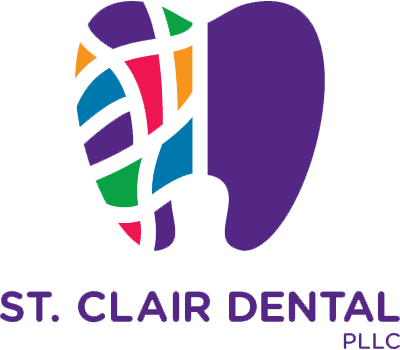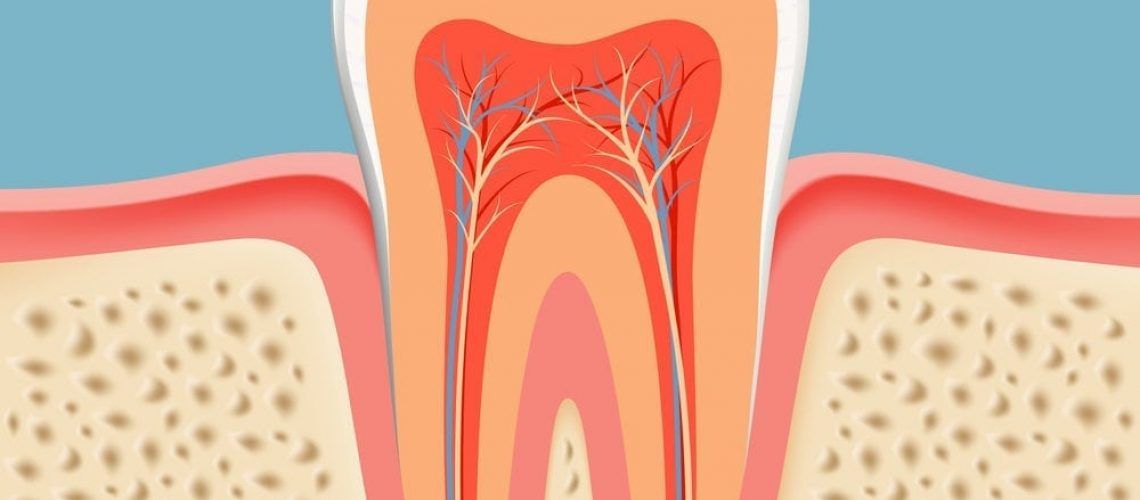Root canals have just as much of a reputation as tooth extractions, yet are just as essential. Root canals are used to preserve teeth with badly infected roots. It’s valuable in its ability to save teeth because when the root of the tooth becomes infected, tooth loss can occur at its most harmful stages. The root canal procedure is used to remove the damaged parts of the tooth, and any organic parts left are restored underneath a crown to create a natural-looking appearance and give back normal tooth function. At Dr. Karl’s office, she can perform root canals using the most advanced and painless procedures to assure that her patients receive the most out of their care.
Did you know…
That the term “root canal” refers to both the root of the tooth and the procedure itself? While many patients think of root canals as painful and uncomfortable local anesthesia and other advancements in technology, have made the procedure a highly painless one. You can safely compare it to a composite filling, because once the infected parts of the tooth are removed, the end of the procedure will result in an almost undetectable treatment that’s saved the tooth’s integrity, allowing it to last for years to come.
Frequently Asked Questions
If I have a painful toothache, do I need a root canal?
Many factors can cause toothaches; sometimes they’re caused by cavities, a microfracture, or even a sensitivity to hot and cold temperatures. These factors don’t always mean you need a root canal, because root canals are used primarily for removing the infected pulp from the center of the tooth. Because of the way bacteria grow, infections can spread into the gums and bloodstream and cause complications such as abscesses, which can turn into tooth loss. Still, it’s essential to go to the dentist in these cases, because if an infected root canal is present, Dr. Karl will be able to treat it quickly and efficiently.
What happens during a root canal treatment?
Dr. Karl will assess the overall health of your teeth and gums and observe the toothache to diagnose it. If an infected root canal is present, she will numb the tooth area with local anesthetics. After the area is numb, it will remove the infected portions of the tooth pulp and treat the area for bacteria infections. Once cleaned, the tooth will be sealed with a composite filling.
How do I care for my tooth after the treatment?
Your gums around the tooth will become inflamed due to the intensive procedure gone through – this is normal. You may experience sensitivity during the first few days after treatment, and while you can presume flossing and brushing habits, you should be careful with the foods you eat. Use ice packs and take over-the-counter medications for any pain, and contact Dr. Karl if the pain continues to persist.

